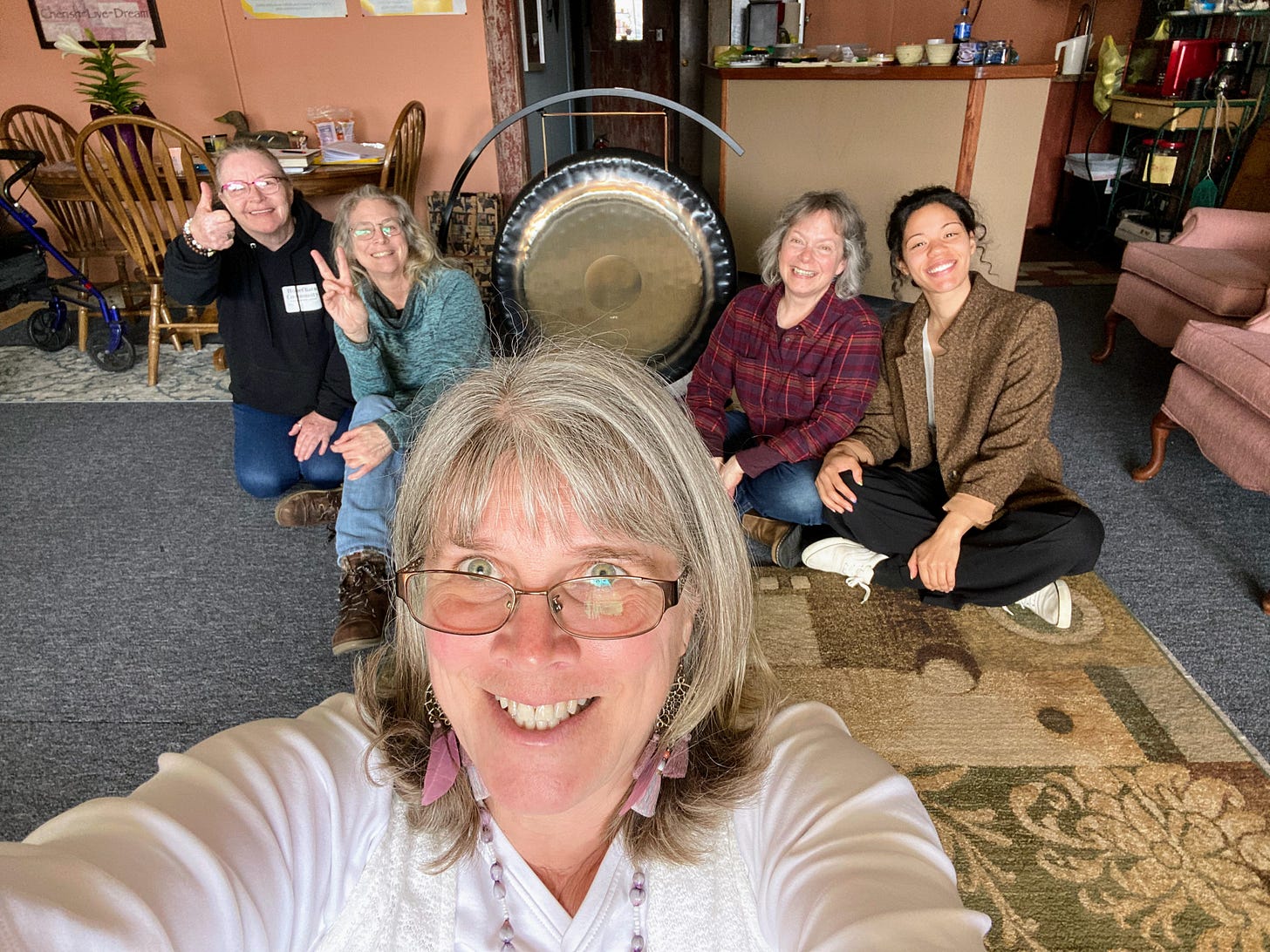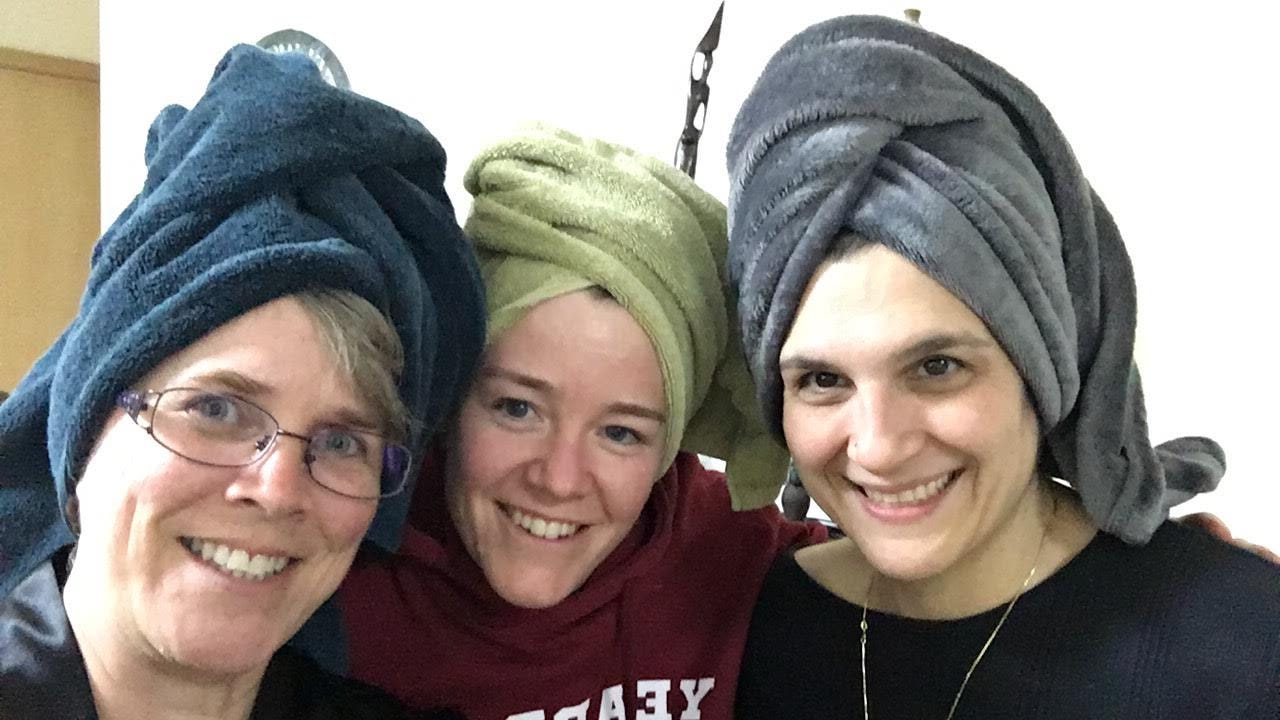Play to listen.
The process of making new friends is on my mind these days for a few reasons. My children are in the process of finding and making friends since leaving high school and my parents are on the cusp of needing to make new friends as they will be moving to a new community shortly.
Making friends is not always easy; that’s for sure. But strangely, I found myself making many new friends in the last fifteen years. When we lived in Hong Kong, even when I could have stuck with my colleagues and my established friend group, I sought out new people. And then when we moved back to our previous life in Green Bay, Wisconsin, I again chose to seek out new friends instead of simply relying on old friendships, because I knew that I had likely changed too much in the decade that we were abroad.
There are a myriad of reasons a person might be seeking out friendship, of course. But a few basics come to mind: you have moved and need to find a new community to replace the previous one, you found yourself isolated or alone after a difficult period in your life and it’s time to start building friendships again, you have changed so much that previous friendships no longer satisfy or connect, or you want to have new experiences with new people.
So, for those of you who are finding it desirable or necessary to create new friendships, here’s a printable cheat sheet to help you.
Of the myriad ways to make new friends here are eight tips:
Build safety and familiarity.
Be intentional.
Engage in casual conversation.
Take a child’s mindset.
Request a meet up.
“See you next time.”
Create a small group
Give yourself grace.
1. Build safety and familiarity.
It often takes many short encounters to begin to feel familiar and safe and known. Places for repeated encounters might be at work or attending the same course or class, or church event for example. By being in the same place at the same time, you might gradually begin to acknowledge each other: nodding, saying hello, etc. If you are terribly uncomfortable meeting new people, then take time to build a sense of safety and familiarity. Try finding out their name and remembering it.
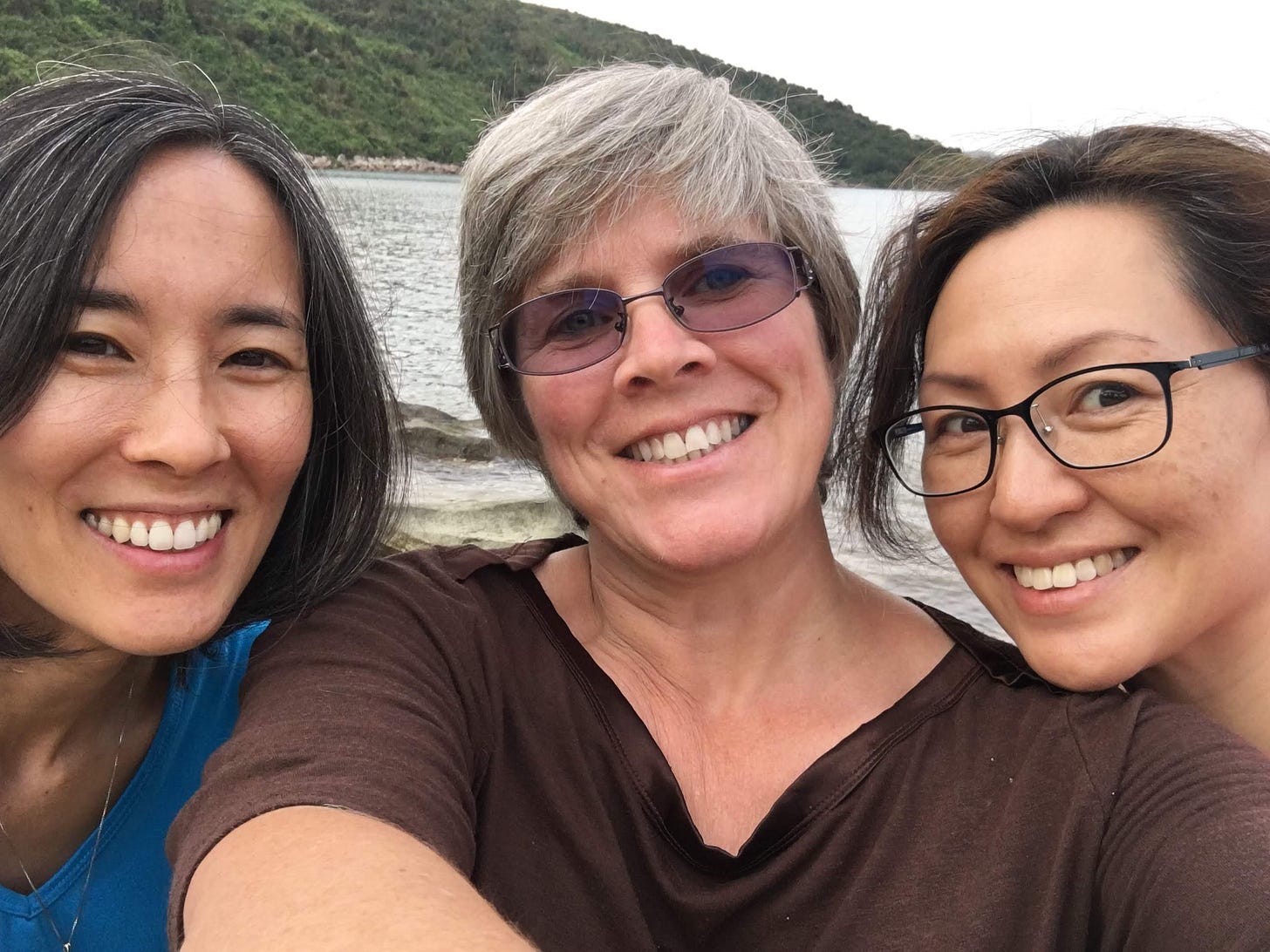
2. Be intentional.
Repeatedly put yourself in places and situations where you are likely to encounter potential friends. Anyone who has membership at a fitness center knows that the same people generally hang out there at the same time. By consistently placing yourself in a place or situation where you might meet people, you are setting yourself up for future success. Over time faces begin to be familiar, hellos are exchanged, and you find yourself gravitating toward particular people. Of course gyms, churches, educational classes, volunteer organizations, neighborhoods, bars, events at parks, farmers’ markets or local festivals are some of the places we can encounter others.
3. Engage in casual conversation.
As you do so, be aware of body language. and listen more than talk. If you want to make new friends, the main thing is to talk to people. Muster the bravery to engage a potential friend with some interaction: a question, a story, an observation. Much of the time people will be more receptive than you think. If you are ignored or brushed off - fine. Chalk it up to a learning experience but don’t take it personally. (See #8.) Try again soon. If the conversation does go somewhere, that’s great! Perhaps you will cross paths again. Or if you are really connecting, you could even muse about how and where to meet again.
4. Take a child’s mindset.
I find the hardest part of making new friends is getting myself to begin. But I can usually psych myself into it by remembering how children do it: “Hi, I’m so and so. Want to play?” They can make it look so easy! If they can do it, certainly I can! After all, I am older, more mature, and more experienced, I tell myself. If the timing seems right, then I might just ask a simple question: “Don’t you just love our recent weather?” or “I noticed you were interested in . . . So am I. . . “ Once you have a foothold, then ask questions and follow up questions? Use whatever struck you about the person to begin with as an entry point into the conversation, “It seems we might have something in common. I’m an adoptive parent too.”
5. Request a meet up.
If the initial conversation has been successful and you are feeling like you have a new potential friend, ask them to meet you to get to know each other more. I usually take advantage of two points when requesting a meet up:
1) I tell them that I noticed we have something significant in common.
2) I say something like: It’s hard to find new friends as you get older, but I have a feeling we might be able to become friends.
If that goes well, then I suggest we get coffee sometime together and ask for contact information that they are willing to give me.
6. “See you next time."
This is KwikTrip’s secret to repeat customers. We can use it too! Once you have met and mutually decided you would like to build a friendship, set a new date to get together some weeks out by consulting your calendars before saying goodbye. Keep it simple with coffee, walks, or breakfast. Personally I find every six to eight weeks about right for timing.


7. Create a small group.
I prefer one-on-one quality time, such as going out for breakfast, coffee, or taking a walk, to build a relationship. But you might prefer building a small group of friends. In that case, invite the new person to meet with your already established friend group (after asking them first, of course). Or start from scratch by inviting several new people in your life to meet one another. I did this while living in Hong Kong. First, I decided I wanted to be able to talk to other parents of teenagers, so I scanned my life for acquaintances or friends who had teens, then I suggested to each that we begin a group. They agreed; we met monthly to discuss our selves, our lives, and our lives as parents of teens. I organized the group by sending out the monthly invitation to a local park where we would all bring our own beverages and snacks.
8. Give yourself grace.
Not every attempt will be successful. And that’s okay. Think of it like you might think of a scientific experiment: not every trial works! As a matter of fact, many of the trials fail before success occurs. You win some. You lose some, right? A dose of self-compassion is a good thing. As is grace for others. There’s no reason to feel angry or hold a grudge if an attempt at creating a new friendship fails. In my case, my little group of women survived for about five months before it hit rocky ground. But I didn’t worry about it. I had faith that new opportunities would arise in their time, and they did. In the meantime, I had a good time with a lovely group of ladies!

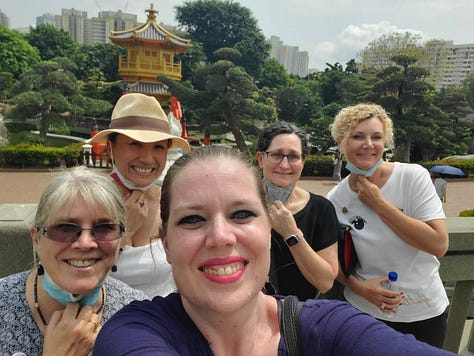
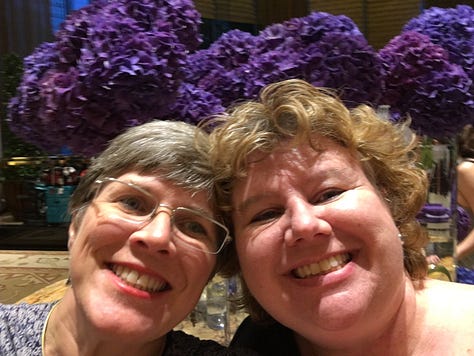
Your Turn
Hopefully you are feeling inspired to reach out and make a new friend or two, even if it has been a long time since you have ventured into those waters. Since the rise in isolation during the pandemic, we might feel rusty. But, you know what they say: There’s no time like the present!
I’m so very grateful to all those I can call friends - new and old. You enrich my life greatly.
Why not leave a comment to share stories of finding new friends?
You can find all of my series in the archives:
Adulting 101 Coupons: A Gift from your Parents
Partnering 101: A Deep Dive into Leaving Kindly
Me-Time: Self-care in the time of Covid
Reasons for Hope
From Fog to Flow
With a Grateful Heart
Lessons in Life School
Life Cheat Sheets
If you like it, share it and subscribe!
Writer. Gong Player. Teacher.
Find more of my writing at GreenBaytoKorea.blogspot.com
Learn about my business at CelestialSoundGB.com
On Instagram @applebb09
All photos by © Brenda Brayko 2023 unless otherwise credited.





